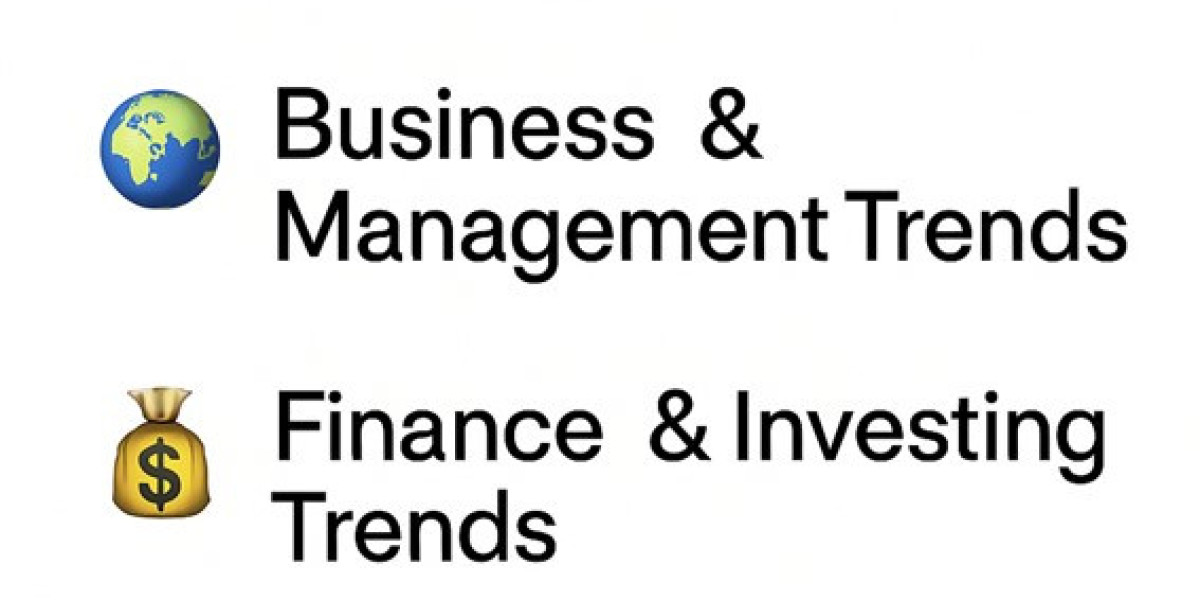In today’s highly competitive and rapidly changing market landscape, having a clear and effective Business Strategy is not a luxury—it’s a necessity. Whether you're launching a startup, running a small business, or managing a global enterprise, a well-defined strategy acts as your roadmap to long-term growth, sustainability, and success.
This article explores what business strategy is, why it matters, and the key components that make a strategy successful.
What Is Business Strategy?
A business strategy is a comprehensive plan that outlines how a company will achieve its goals and outperform its competitors. It covers everything from identifying target markets and allocating resources to defining the company’s unique value proposition and long-term objectives. In simple terms, strategy answers the question: "How will we win in our market?"
Why Business Strategy Matters
Without a clear strategy, even the most innovative ideas or well-funded businesses can falter. Here’s why business strategy is critical:
- Direction and Clarity: It provides focus and purpose, ensuring that every team member works toward common objectives.
- Competitive Advantage: Strategy helps you identify what sets you apart from competitors and how to leverage that.
- Efficient Resource Use: It guides decisions on where to allocate time, money, and effort for the best return.
- Adaptability: A good strategy includes room for flexibility and innovation in changing environments.
- Sustainable Growth: Rather than chasing short-term wins, strategy helps businesses grow responsibly and consistently over time.
Core Components of a Strong Business Strategy
A successful strategy is more than a vision statement. It involves several critical components:
- Vision and Mission
Your vision defines where you want to be in the long run, while your mission explains what your business does and for whom. These foundational elements should guide every decision.
- Market and Competitive Analysis
Understanding your industry, competitors, and customer needs is key to identifying opportunities and threats. Tools like SWOT analysis (Strengths, Weaknesses, Opportunities, Threats) and Porter’s Five Forces can be useful for this.
- Unique Value Proposition (UVP)
What makes your business different? Your UVP should clearly state how you solve customer problems better or more efficiently than your competitors.
- Goals and Objectives
Set SMART goals—Specific, Measurable, Achievable, Relevant, and Time-bound. These break down your strategy into actionable steps.
- Strategic Initiatives
Identify the key projects and actions needed to reach your objectives. This could include launching new products, entering new markets, or investing in new technology.
- Resource Allocation
Strategic success depends on how well you use your resources—capital, talent, time, and technology. Ensure you’re putting your best assets where they’ll have the most impact.
- Performance Measurement
Track your progress using KPIs (Key Performance Indicators). Regular reviews help you stay aligned and make adjustments when necessary.
Types of Business Strategies
Depending on your goals, industry, and stage of growth, your business might adopt one or more of the following strategies:
- Cost Leadership: Offer products or services at the lowest possible price (e.g., Walmart).
- Differentiation: Offer something unique that justifies a higher price (e.g., Apple).
- Focus Strategy: Target a specific niche or market segment with tailored offerings (e.g., niche software solutions).
- Growth Strategy: Expand through new products, new markets, or acquisitions.
- Innovation Strategy: Lead the market by creating cutting-edge products or services.
Final Thoughts
A business without a strategy is like a ship without a compass. In an unpredictable world, having a clear, adaptable, and well-executed strategy is what separates thriving companies from struggling ones. Whether you're just starting or looking to refine your current approach, now is the time to focus on your strategy. The path to success begins with a plan—make your strategy your greatest asset.



